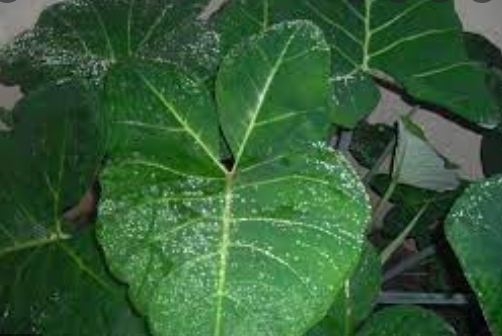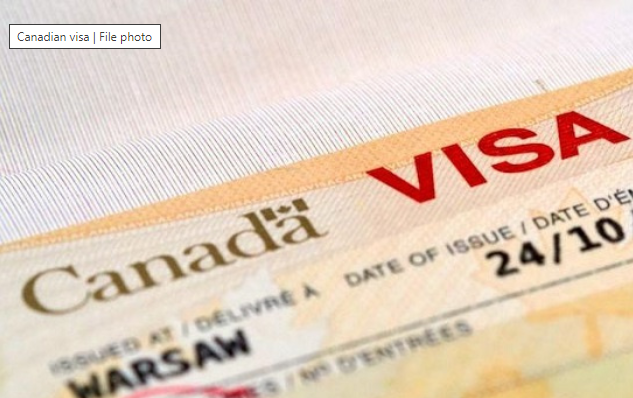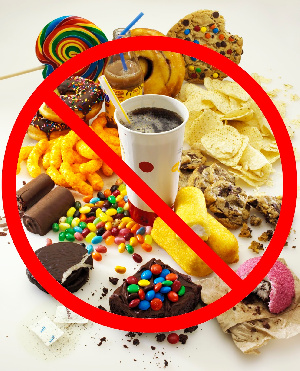VIDEO: Residents of Ahabarsu forced to depend on a dirty pond water for survival

The people of Ahabarsu in the Eastern Region who have no access to potable water only have a dirty pond to depend on as the major source of water in the community.
GhanaWeb at the time of its visit to the community observed a queue of mostly women and girls marching to the water body located at the downside of the community, to fetch from their only source of water.
Residents described the water body as being infested with frogs and other organisms with leaves from nearby trees finding their way onto its surface.
Without hesitation, the stepped in the water, muddying it in the process before fetching its dirty, black contaminated contents into their head pans, ready to transport it on their heads to their homes for various uses including washing, cooking, bathing and even drinking.

Ami, a young woman was also spotted at the pond side, filling her pan with water. Thirsty, she, demonstrated to GhanaWeb that their claims of directly consuming the water into their bellies was no fluke.
This Correspondent watched in disbelief as she fetched a quantity of the dirty water and gulped it down her throat.

According to her, the pond is contaminated by ground water when it rains but with no other option, they still depend on it. “When that happens, we have no option but to fetch it and drink it,” she said.
She complained, “This water collects a lot of debris. When it rains, it gets contaminated with the ground water.”

“This worsens its state and we have no option but to fetch it in its state for drinking, washing, etc. it lathers when we pour it into our pots and later fetch it for drinking, it also lathers when it is used for cooking.”
She furthered that they found the bad smell of the water nauseating when drinking but they have no option.

An elderly woman who grew up in the community gave a historical background of the water. She pointed out that the pond which used to be clean transformed into its current state over the past twenty years.
Describing the difficulties faced by members of the community after using the water, she said, “When you drink the water, it tastes very badly in your mouth and you don’t even know what is going to happen to you afterwards, the water turns black when used to prepare soup and it (soup) lathers as well.
She ended with an appeal to authorities to come to the aid of the community by providing potable water for them.

Another resident, Tetteh Grace Mamle shared similar concerns. She said the situation is worse during the dry seasons, culminating in some community members including children and mothers falling sick out of the use of the water.
According to her, “during the rainy seasons, we hardly fall sick using the water but during this time (dry season) our children and we the mothers suffer from various sicknesses because that’s what we drink and depend on for other uses.”
With no alternative sources of water at their disposal, she said, “There’s none elsewhere and you have to step in the water before fetching it.
Dadematse (community leader) of Ahabarsu, Terkper Samson Narteh reiterated the concerns raised by the people. “This is the water we’re taking, everything that we do here, it’s only this river whether you cook, wash, we also drink it so it’s a big problem for us,” he said.
He said though the attention of the DCE for Upper Manya Krobo, Honourable Joe Sam has been drawn to the situation, he’s been unable to visit the area to access the problem. He said, “Sometimes we call the DCE to come but he too because of the road, he couldn’t come here…we complained to him but he’s not doing anything about it.”
He appealed to the government and other stakeholders to turn their attention to the plight of the people.
District Chief Executive (DCE) for Upper Manya Krobo, Honourable Joe Sam in an earlier interview in March, 2022 admitted that there were many communities confronted with water problems in the district.
He however gave a firm assurance that discussions with various NGOs were underway for the construction of boreholes for the residents of the affected communities.
The United Nations Sustainable Development Goal 6 (SDG 6) focuses on ensuring a clean and stable water supply and effective water sanitation for all people by the year 2030.
The goal is a reaction to the fact that many people throughout the world, including Ghana, lack these basic services with about 40 percent of the world’s population being affected by a lack of water.





